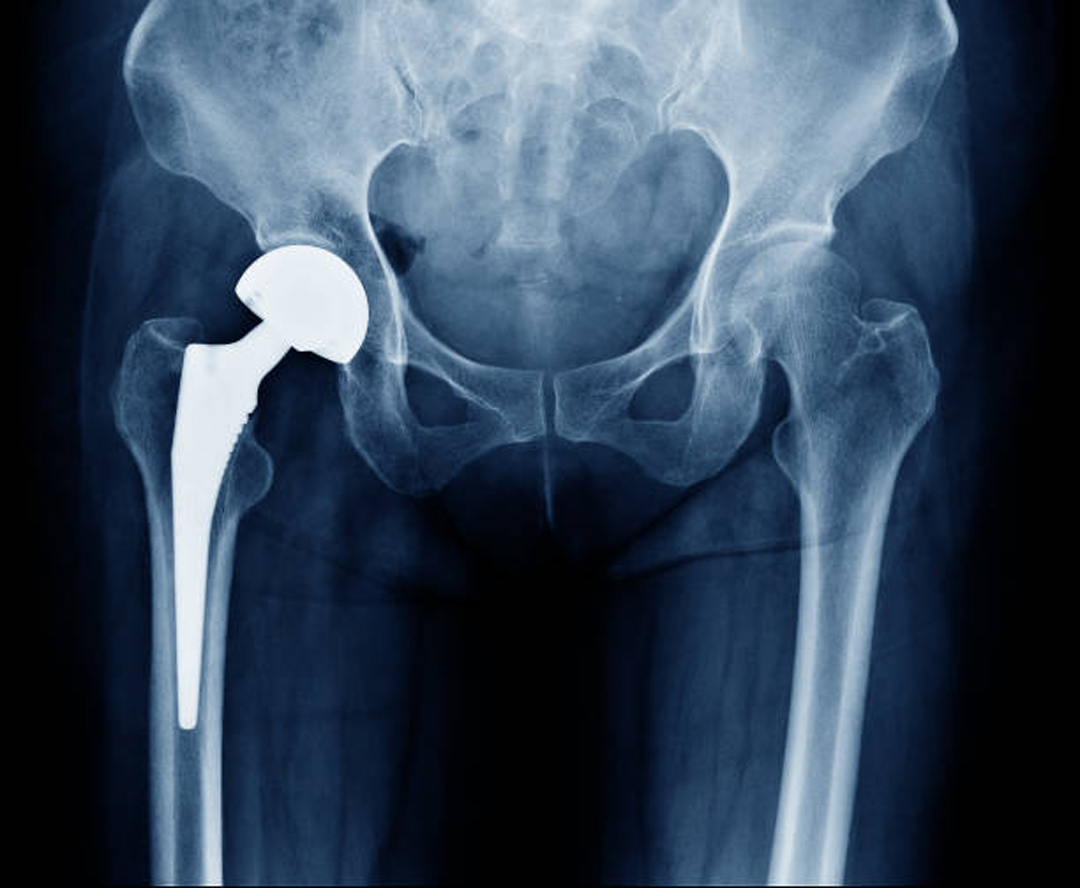
Our bodies are amazing machines. With time, they’re bound to take any measure of wear and tear. When this happens, there are medical procedures that help keep our bodies running smoothly. Joint replacement is not just for the elderly or people who have a lot of arthritis. In fact, joint replacement surgery is becoming more and more common, especially for people in their 20s and 30s.
What Is Joint Replacement Surgery?
Joint replacement surgery is a surgical procedure that restores mobility and function to a joint that has become damaged or defective. Joint replacement surgery is typically used to replace a joint that is affected by arthritis, injuries, or age.
What Are the Risks of Joint Replacement Surgery?
There are many risks associated with joint replacement surgery. Every procedure of this nature comes with its own warning and cautions so it’s good to have a look at the possibilities to assist you in your informed decision.
Faulty Replacement Device
One of the main risks of joint replacement surgery is the possibility of having a faulty replacement device. This could lead to further complications and even surgery. Exactach has recently been involved in some lawsuits for providing faulty devices that led to additional ailments and injuries.
Nerve Damage
Injury to the nerves that supply the joint can also occur in joint replacement surgery. This can lead to disability and even permanent damage. It is important to be sure that the surgeon performing your surgery is experienced and knows how to protect your nerves.
Risks Associated With Age
As we age, our joints start to wear down and become less stable. Joint replacement surgery may be necessary if the original joint does not function adequately or if the individual is in a high-risk category for developing osteoarthritis. Age is not always a determining factor in whether or not a person requires joint replacement surgery.
Heavy Hypertension
Another risk associated with joint replacement surgery is heavy hypertension. If you have high blood pressure, your doctor may recommend that you delay or avoid joint replacement surgery. However, if you are already having joint replacement surgery, be sure to discuss your treatment plan with your surgeon in order to manage any potential complications.
What Do Joint Replacement Surgeries Involve?
There are several moving parts when it comes to the full process of joint replacement surgery. There are more people involved than just you and your primary care doctor. Take a look at these steps so you can have a better understanding of what takes place with a procedure like this.
Contacting Your Insurance Company
When you are considering surgery, it is important to contact your insurance company. Many surgeries are not covered by insurance and may require a large out-of-pocket expense. Before your surgery, you will need to find out if your insurance company covers any of the costs. You can ask your doctor or the hospital if they have any information about whether or not the surgery is covered.
Getting Prior Authorization From Your Insurance Provider
You should check and see if this procedure requires prior authorization. This means that the insurance company has to approve the surgery before it can take place. This can be a lengthy process, so it is important to contact your insurance provider as soon as you know you are considering the surgery.
Discuss Your Procedure with Your Doctor
When you contact your doctor, you will want to discuss the procedure with them. They will be able to explain everything that is going to happen during the surgery and answer any questions you may have.
Preparation for Surgery
Before surgery, you should make sure that you are physically and mentally prepared. You should take a few days off of work and make sure that your schedule is free for the next few weeks. You should also make sure that you have all of the necessary medical supplies on hand.
The Surgery
Your surgery will usually take place in an outpatient setting. This means that you will not have to stay overnight in the hospital. However, depending on the type of surgery you are having, you may need some rest afterward.
What To Expect After Surgery
After surgery, you may experience some pain and swelling. Make sure to take all of the prescribed pain medications and follow any instructions your doctor gives you about how to manage your pain. You may also experience stiffness and difficulty moving around for several weeks after your surgery. Give yourself plenty of time and patience during this time.
Joint replacement surgery can provide significant relief from symptoms associated with arthritis, injuries, or age-related damage. In addition, joint replacement surgery can restore mobility and function to a joint that has become damaged or defective. If you find yourself considering joint replacement surgery, be sure to speak with your doctor about your individual situation and ensure that you have all of the information you need to make an informed decision.
Comments
comments